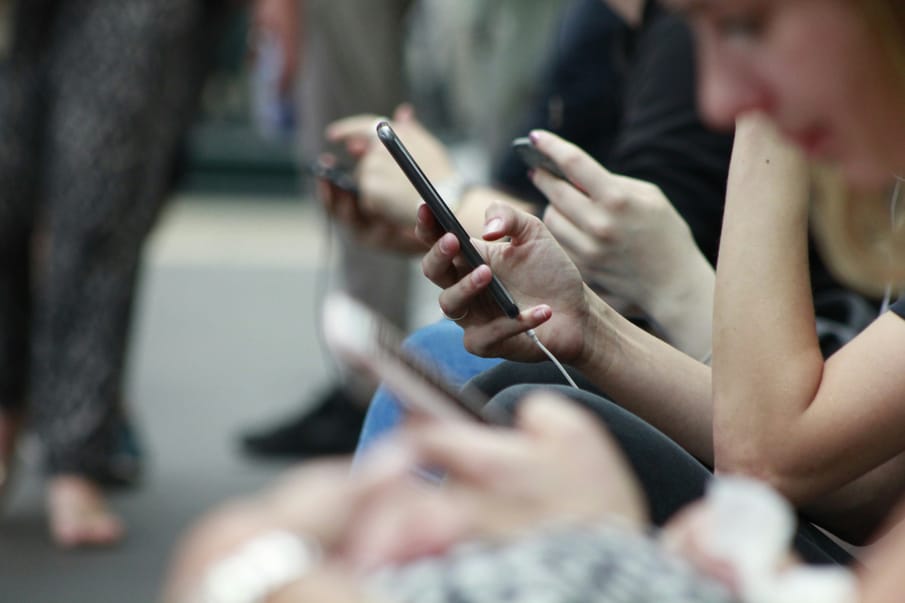The World Health Organization (WHO) and TikTok have announced a year-long collaboration aimed at providing people with reliable health and wellbeing information
Social media platform TikTok has partnered with the World Health Organization (WHO) to launch a year-long initiative aimed at promoting mental health information. The collaboration focuses on sharing trustworthy mental health and wellbeing content and combating misinformation through the WHO’s Fides Network. The Fides group is a large network of over 800 healthcare professionals, who aim to stop the spread of health misinformation by sharing reliable, fact-based explanations about important health topics such as mental health on the app.
TikTok has over 1 billion active users worldwide, with 60% of its audience being between the ages of 16 and 24, making it a powerful platform for reaching younger generations. A 2023 survey by Dublin City University revealed that 57% of Gen-Z and millennial TikTok users are influenced by or often follow nutrition trends from the platform. However, the study also discovered that just 2.1% of the nutrition-related content on TikTok aligns with public health guidelines.
Dr. Kirren Schnack is among the healthcare professionals participating in the programme. With more than 20 years of experience in clinical psychology from the University of Oxford, Dr. Schnack creates video content on topics such as anxiety symptoms and loneliness, attracting an audience of over 500,000 followers on TikTok.
She noted, “I’m so excited and pleased to be part of this project. I think for TikTok and WHO to be able to bring such a large number of healthcare professional creators together to make mental health content is so empowering. It really excites me, because I feel like it demonstrates such a huge potential for Tiktok, as a social media app, to be a real force for positive change in public health and mental health across the world.
“In lots of corners of the world, people don’t have access to help or can’t get help and sometimes it is apps like TikTok where they get that information from, so it’s really exciting to be part of something like this.”
Asked about social media’s impact on mental health, she said, “I do think that social media does benefit people. I think sometimes it is a mental health problem in itself if you are not able to regulate your use or you’re misusing it.”
TikTok is also donating £2 million to support the WHO’s efforts to reduce mental health stigma and build a well-informed online community. This partnership aims to tackle mental health challenges by combining TikTok’s wide reach with expert advice. Over the next year, it aims to fight misinformation and help people take better care of their mental health.
What are the signs of mental health misinformation online?
These days there’s an abundance of mental health information available, much of which can be valuable and empowering. However, to protect yourself against misinformation, it’s important to recognise the signs.
Unreliable sources. When looking for information on social media platforms such as TikTok, be aware that just about anyone can create online content. Always take time to check the creator's credentials, such as their qualifications or expertise in the field. If you come across a claim online and aren’t sure about its accuracy, start by searching for it on Google. If the claim appears multiple times, it might seem credible, but don’t stop there. Try to trace it back to the original source. Is it from a study published in a reputable journal, or does it originate from a less trustworthy source?
Sensationalised language. Be cautious of claims that use exaggerated or dramatic language to grab attention. Phrases that sound overly alarming or promise unrealistic results, such as "miracle cure" should raise a red flag. Always look for balanced, well-supported explanations instead.
Is it too simple? This is often a key indicator that something may be misleading. Mental health is complex and personal, and every individual's experience is unique. Be especially careful with claims that make direct links to diagnoses. For example, claims saying "X is a sign of depression" may be true for one person, but not necessarily for someone else, as symptoms can vary widely. Generalised statements tend to overlook important nuances and can often be misleading.
Connect with an accredited mental health professional and find reliable information on the Counselling Directory.


Comments